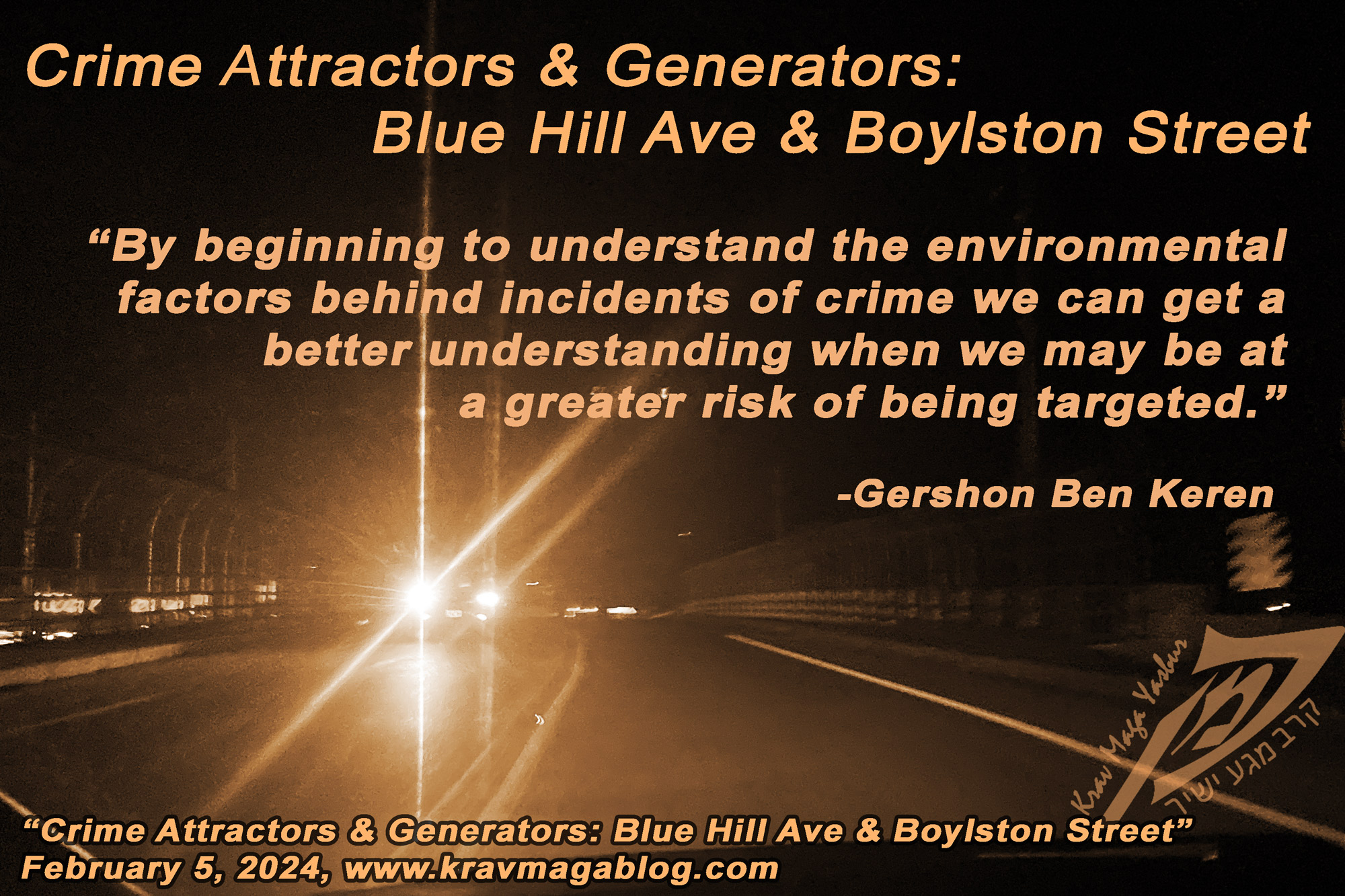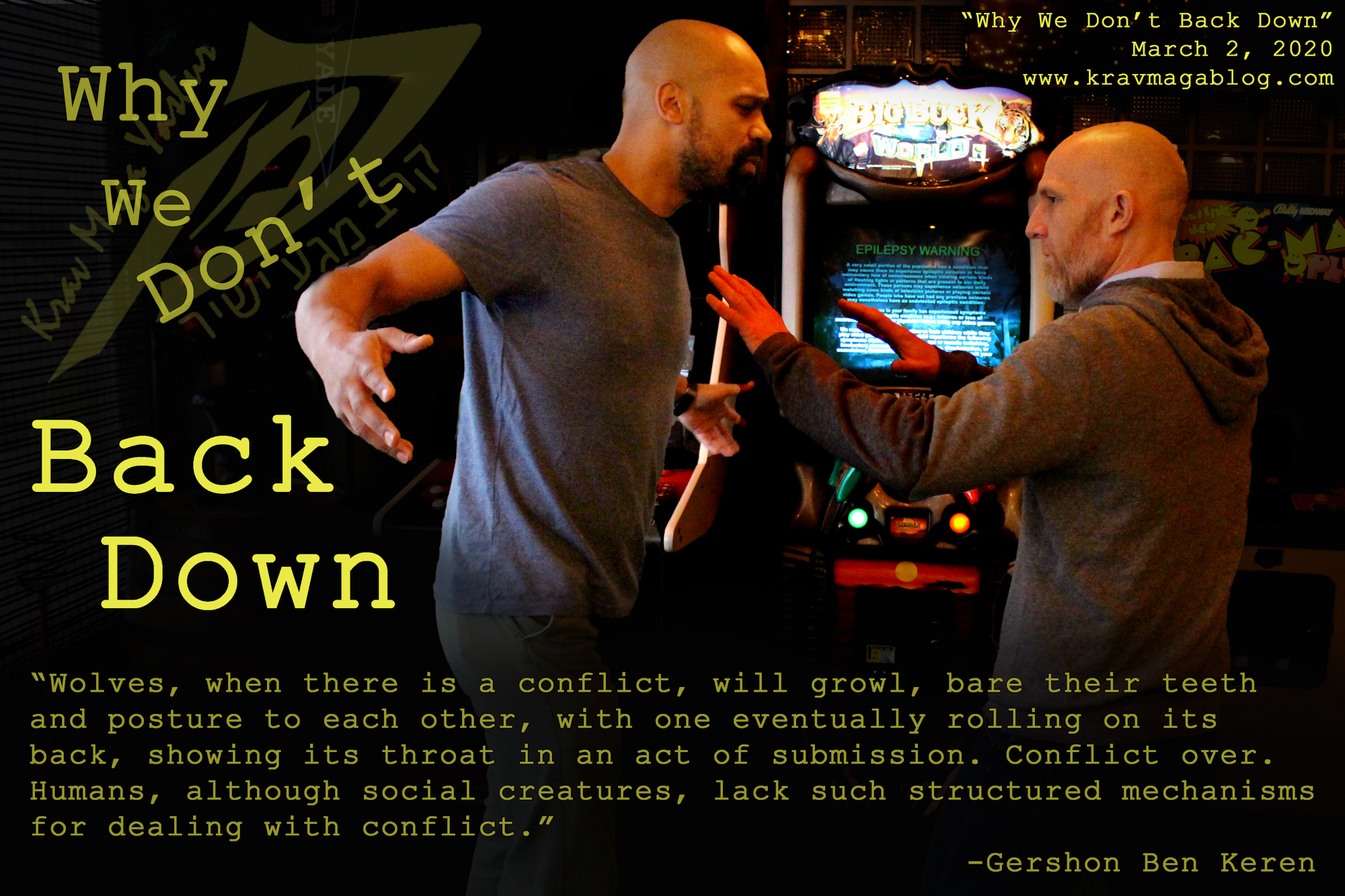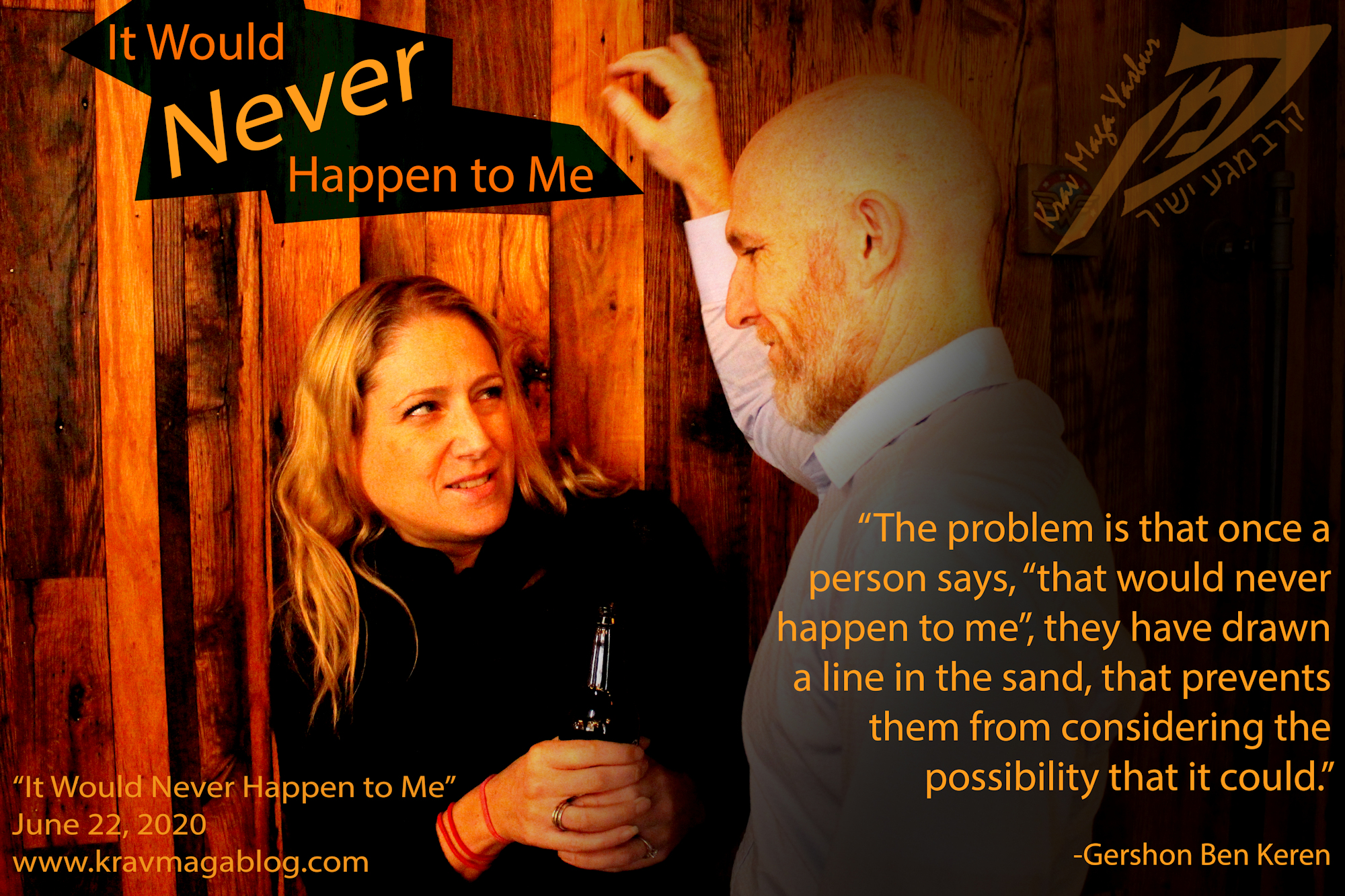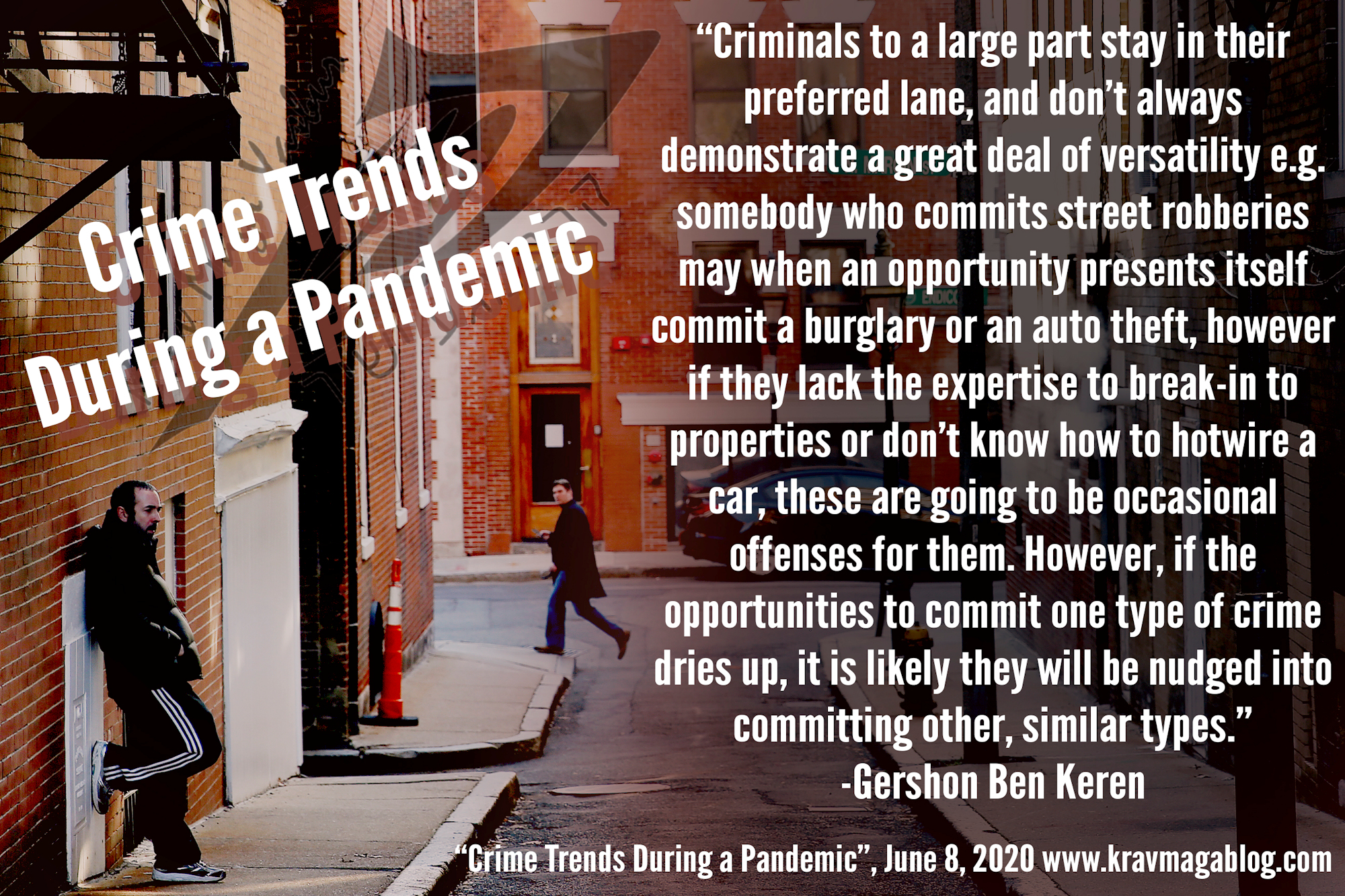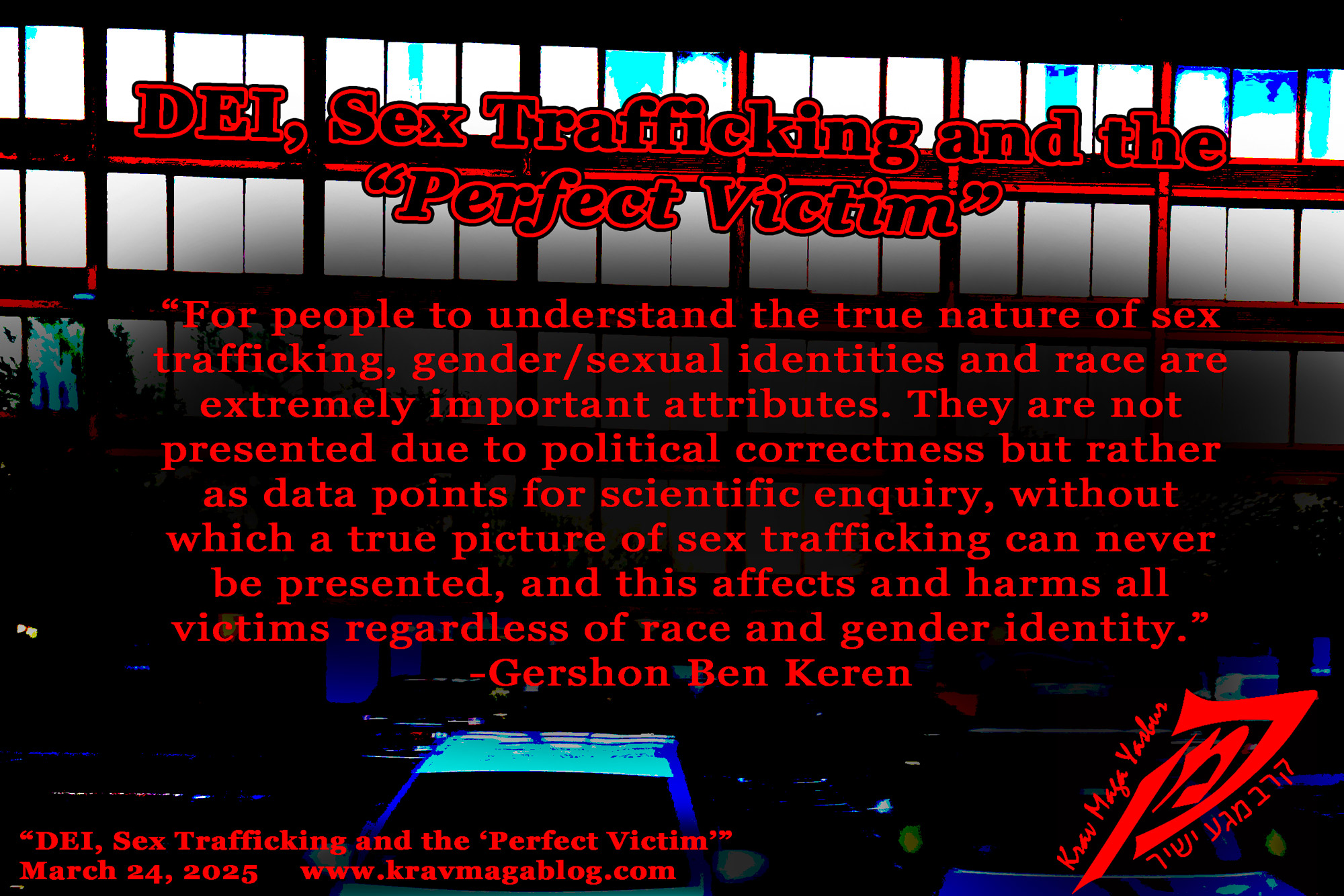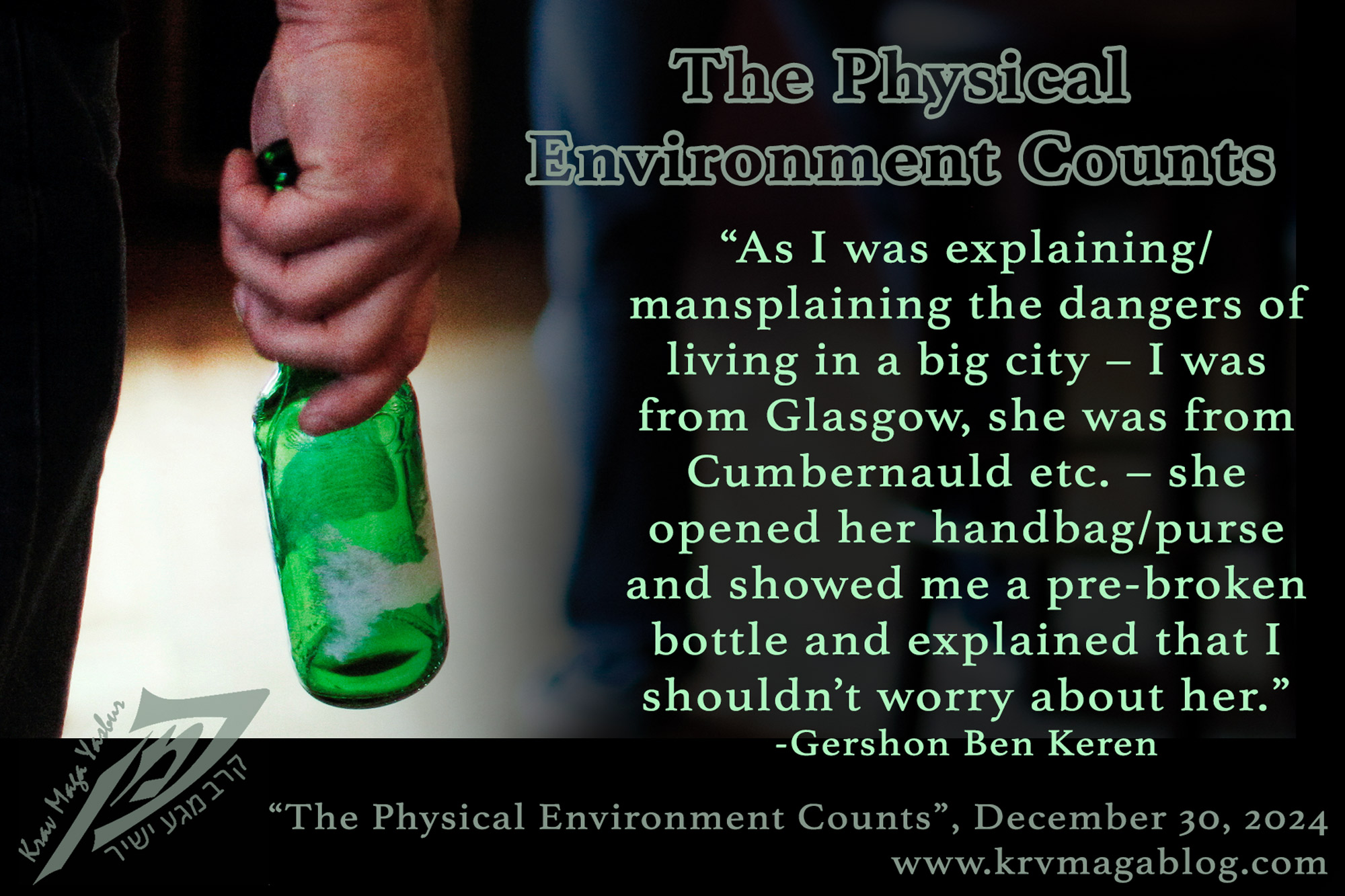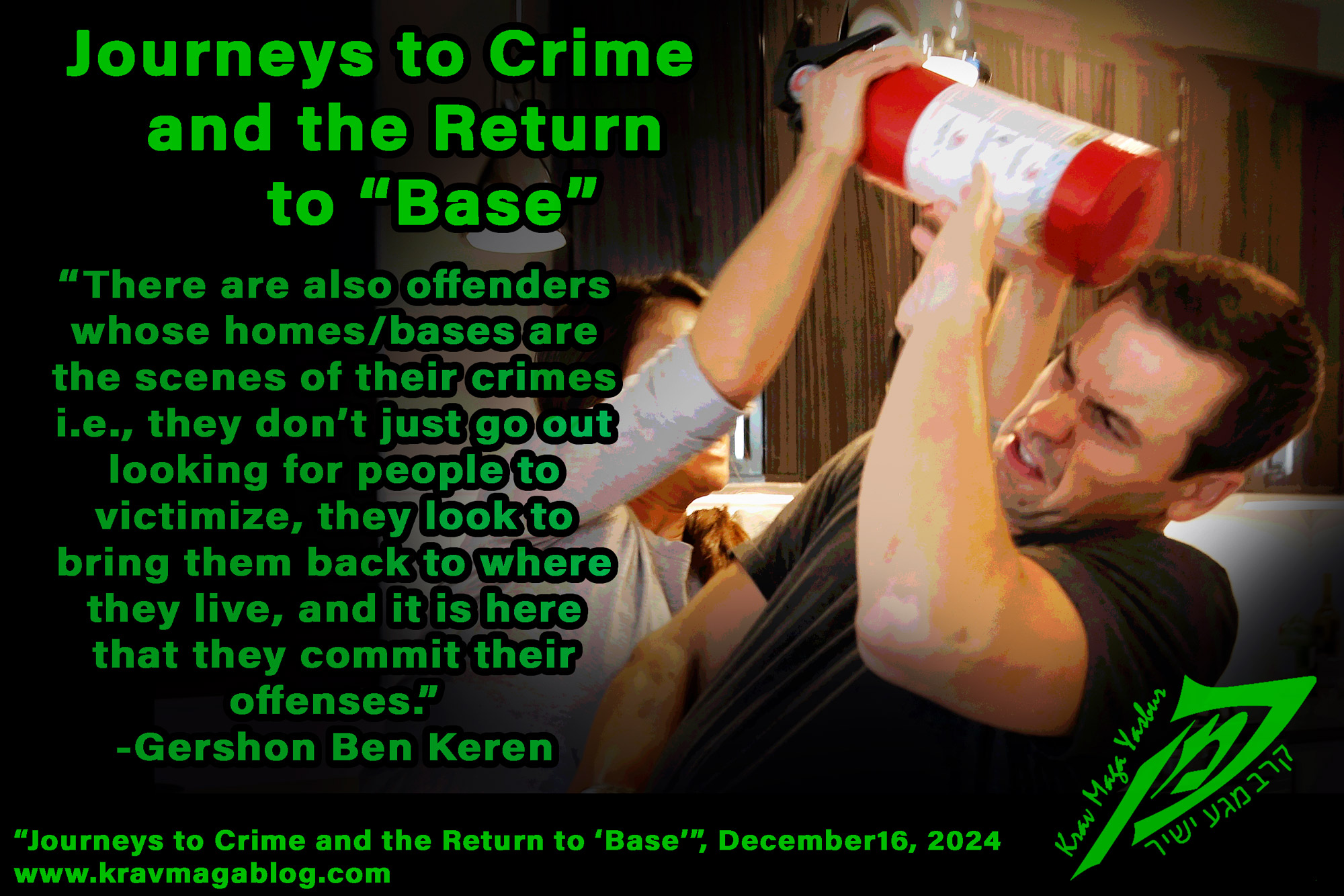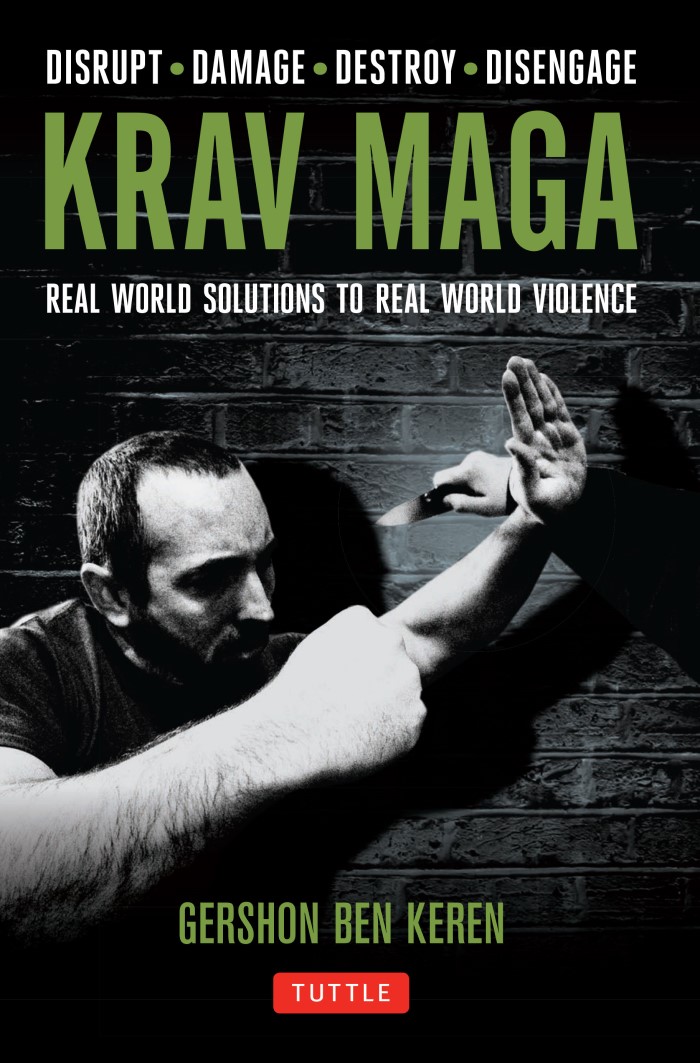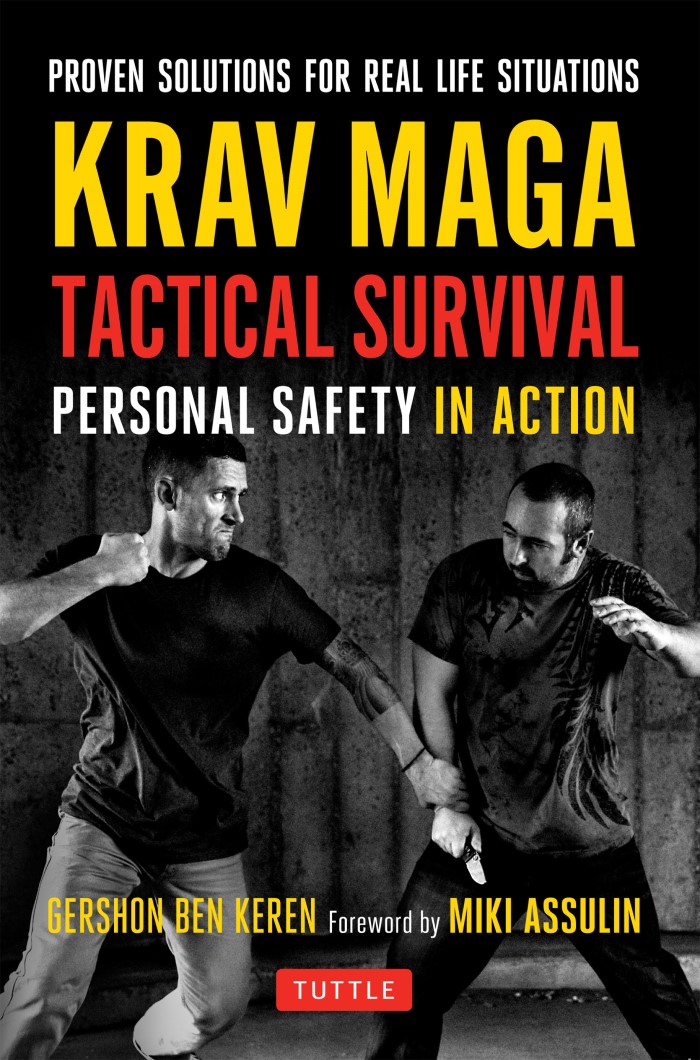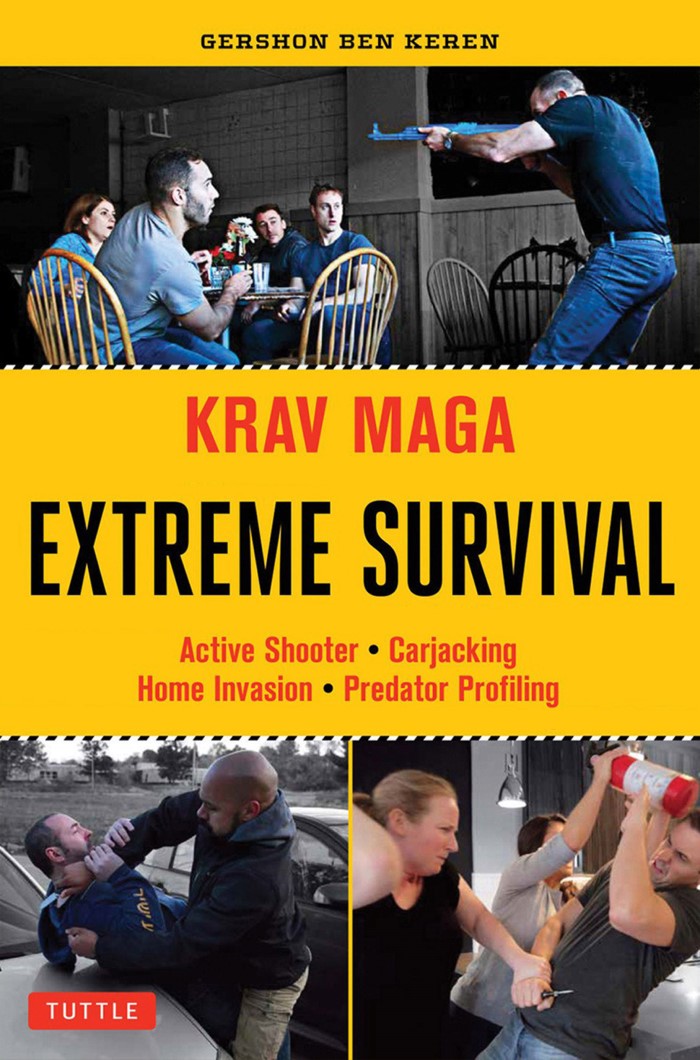Crime trends During A Pandemic, is an article written by Gershon Ben Keren, a 5th Degree Black Belt in Krav Maga, who teaches Krav Maga in Boston, MA. He has also authored three Amazon best-Selling Books on Krav Maga.
With much of the world in lockdown due to COVID-19, I thought it interesting to see how the stay-at-home advisory may have affected different types of crime, by comparing the incidents of various offenses in May, with those of previous years, for the city of Boston, where my school/studio is located. When looking at any crime statistics it is worth reminding ourselves of certain things we need to be aware of. Firstly, correlation does not necessarily imply causation e.g. just because offenses went up or down in 2020 compared with 2019, doesn’t mean that this was the direct result of being in lockdown; factors such as weather can play a part in affecting offending e.g. if it’s extremely hot or cold, people may choose to stay indoors where they have AC or heating, reducing the number of potential targets for offenders to select from, etc. Another important point to remember, is that the recording of incidents and the way they are categorized, is not primarily for analysis, but for the Criminal Justice System’s legal purposes – this can affect the way an incident is recorded e.g. a “verbal dispute” could in certain circumstances be classed as “assault”, but it may not be recorded as such. If there is a policy change that sees a degree of re-classification as to how an incident should be interpreted and recorded, such as when decriminalization of certain offenses occur, then this can make it look as though the number of incidents have dropped, when really it’s the level of investigation and recording that has. A final thing to bear in mind when considering incidents in light of COVID-19, is that the police themselves have changed some of the ways in which they operate to ensure the safety of their officers, whilst still being able to maintain law and order/public safety.
| Offense Type | 2020 |
2019 |
2018 |
2017 |
2016 |
| Verbal Dispute | 756 | 374 | 402 | 375 | 374 |
| Assault (Including Battery) | 605 | 686 | 806 | 650 | 653 |
| Residential Burglary | 49 | 75 | 106 | 127 | 172 |
| Commercial Burglary | 58 | 26 | 40 | 41 | 35 |
| Shoplifting | 72 | 206 | 226 | 197 | 210 |
| Credit Card/ATM Fraud | 39 | 68 | 72 | 83 | 79 |
| Fraud (Impersonation/False Pretenses) |
193 | 163 | 186 | 126 | 168 |
| Street Robberies | 50 | 72 | 83 | 78 | 105 |
| Auto-Theft | 99 | 93 | 120 | 112 | 157 |
One of the biggest increases, in types of incident, is the rise in the number of verbal disputes; up from 374 incidents in May of 2019 to 756 incidents for May of this year i.e. the number has basically doubled. Verbal disputes occur over civil rather than criminal matters, such as when neighbors argue over where the line is that divides their property, etc. The police are often called to settle these disputes, as one or both parties want a third party who they believe has authority, to sort the situation out for them. It could be an argument, between neighbors about a barking dog that won’t stop, however unless the animal is in distress or can be shown to have been cruelly treated i.e. a crime has been committed, as annoying as it may be, it’s unlikely that the officer has much power in the situation to do anything about it, unless they’re able to frame the incident to constitute a breach of the peace, etc. Unfortunately, the police are often looked on as having power in domains that they don’t, and this can result in people unfairly viewing them as ineffective, simply because the difference between a civil and a criminal matter isn’t fully understood by those involved in the dispute. With people having to stay at home it’s much more likely that they will be much more aware of their neighbor’s habits than they were before, and may possibly judge some of the things they do, such as listening to music they deem to loud as an infringement on their rights etc., and call the police believing it to be a criminal act that has been committed – if it’s an out of control party with loud music that’s one thing, if it’s just somebody with the TV turned up, there’s not a lot that can be done, other than an officer making a request for the person to turn it down, etc. The neighbor may now be annoyed at having been reported to the police, and author another verbal dispute, as they report the person, they suspect called the police, for committing some other believed offense.
Shoplifting fell dramatically in May 2020, from 206 incidents the previous year to 72 incidents. With shops and supermarkets having to restrict the number of people who are in their premises at any one time, hiding in the crowd is not a viable strategy. The lack of people in an aisle is going to make any theft much more observable, and with the staff to customer ratio having dropped, there are now more eyes on those committing such offenses. The number of incidents over the previous four years, seems to suggest that the rate of shoplifting is pretty much unchanged, and consistent year-on-year. With people now having to wait in line to be allowed in, rather than simply walking in, potential offenders are observable for a much longer period of time, so anyone who has previously been caught at a store for shoplifting has a much better chance of being identified. Having worked in security in this area, and knowing many others who did/do, most of the persistent offenders responsible for a large proportion of these offenses are well known to those who work in these stores. Many relied on getting in and out before they were spotted. This isn’t so much of an option at the moment.
It’s not surprising that residential burglaries are down, and commercial burglaries are up, with many businesses being shut, and lacking guardianship, whereas more people are at home; occupancy being the number one factor in preventing residential burglaries. I had guessed that auto theft for similar reasons might be down, what with there being fewer places to go to, and cars spending most of the time parked on or close to the owner’s home, however this was not the case, and year-on-year, compared to 2019, rose from 93 incidents to 99. Not a significant increase, but one that might tell us more about the nature of auto theft. It could be that auto theft is a largely consistent phenomenon due to the consistency of opportunities that it provides. In fact, a car that is spending a larger part of its time parked in one location, gives an offender a longer time to observe it in the environment, rather than when somebody is using it to drive to work and back again, etc. Whilst street robberies went down, probably due to larger numbers of people staying inside, this provided a lack of natural surveillance on cars that are/were parked on the street, making the committal of auto theft that much easier. This lack of people on the street, and pubs and bars being closed also explains the reduction in the number of assaults.
Fraud involving impersonation and false pretenses also went up (I have excluded welfare fraud from these statistics), whilst ATM/Credit Card fraud went down (due in a large part to so many customer-facing businesses being shut). What is not known is if offenders who normally engaged in this type of criminal activity, switched to other types of fraud, such as using false pretenses and impersonation. Criminals to a large part stay in their preferred lane, and don’t always demonstrate a great deal of versatility e.g. somebody who commits street robberies may when an opportunity presents itself commit a burglary or an auto theft, however if they lack the expertise to break-in to properties or don’t know how to hotwire a car, these are going to be occasional offenses for them. However, if the opportunities to commit one type of crime dries up, it is likely they will be nudged into committing other, similar types.
These are just a few thoughts, using incidents of crime, to get some measure of how the criminal landscape might have changed somewhat during the COVID-19 lockdown. As we gradually come out of it, it will be interesting to see what changes in our routines and habits will continue to affect crime rates e.g. as more people have started working from home and are likely to continue to do so, will we see a consistent and permanent fall in the number of residential burglaries? Just as law-abiding citizens will be adapting to this new landscape, so will the criminals.
0 COMMENTS